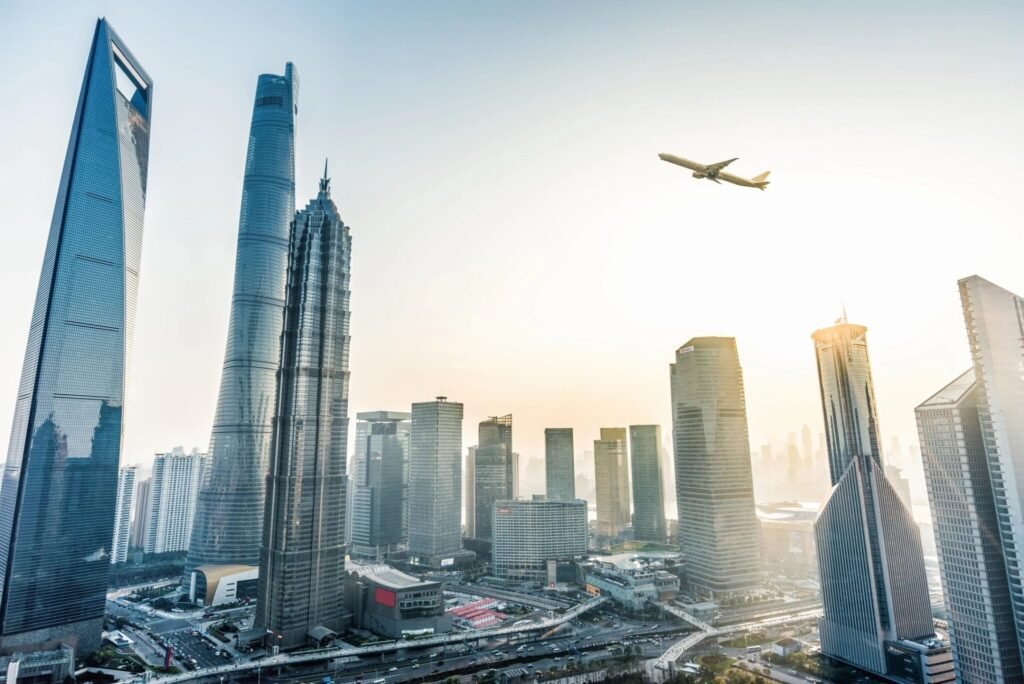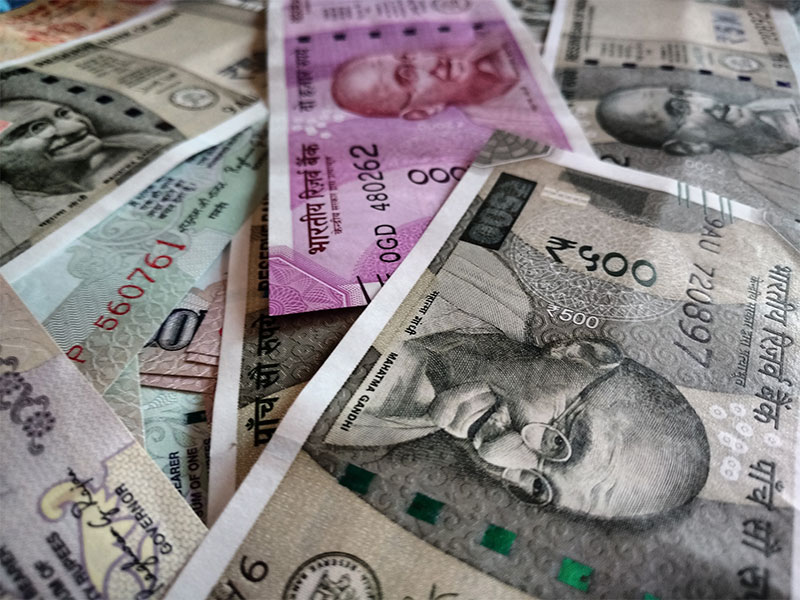International Monetary Fund (IMF) is an important financial agency of the United Nations and an international financial institution founded by 190 member countries, with headquarters in Washington, D.C. Initially, IMF was created in 1945 along with the International Bank for Reconstruction and Development at the Conference of 44 Nations held at Bretton Woods, New Hampshire, USA in July 1944. IMF aims to foster global monetary cooperation, secure financial stability, facilitate international trade, promote high employment and sustainable economic growth, and reduce poverty around the world. It works to achieve sustainable growth and prosperity for all of its 190 member countries. It does so by supporting economic policies that promote financial stability and monetary cooperation, which are essential to increase productivity, job creation, and economic well-being. The IMF is governed by and accountable to its member countries. There are three central activities for the IMF viz. Surveillance, financial assistance, and technical assistance. It does so by supporting economic policies that promote financial stability and monetary cooperation, which are essential to increase productivity, job creation, and economic well-being. The IMF is governed by and accountable to its member countries. India is one of the founding members of the IMF.
Purpose of lending:
IMF loans are meant to help member countries tackle the balance of- payments problems, stabilize their economies, and restore sustainable economic growth. This crisis resolution role is at the core of IMF lending. In broad terms, the IMF has two types of lending —loans provided at non-concessional interest rates and loans provided to poorer countries on concessional terms, for which interest rates are low or in some cases zero. Unlike development banks, the IMF does not lend for specific projects, but to countries that may experience a shortage of foreign exchange, to give them time to rectify economic policies and restore growth without having to resort to actions damaging to their own or other members’ economies. In FY2016, the Executive Board approved three arrangements under the IMF’s non-concessional financing facilities in the General Resources Account (GRA). IMF members have access to the General Resources Account on non-concessional terms (market-based interest rates). India has not taken any financial assistance from the IMF since 1993. Repayments of all the loans borrowed from the International Monetary Fund (IMF) were completed on 31 May 2000.
Money to fund IMF:
Money to fund the IMF’s activities comes from member countries that pay a quota based on the size of each country’s economy and its importance in world trade and finance. The SDR serves as the unit of account of the IMF and other international organizations. SDR is not a currency but an asset that holders can exchange for currency when needed. (Read: What is SDR?). In pursuance of the London Summit of the Group of Twenty (G-20) decision to triple the IMF’s lending capacity, India decided to invest its reserves, initially up to US$ 10 billion through the Notes Purchase Agreement (NPA), and subsequently up to US$ 14 billion through New Arrangement to Borrow (NAB). India’s current quota in the IMF is SDR (Special Drawing Rights) 5,821.5 million, making it the 13th largest quota-holding country at IMF and giving it shareholdings of 2.44%. However, based on voting share, India (together with its constituency countries Viz. Bangladesh, Bhutan, and Sri Lanka) is ranked 17th in the list of 24 constituencies at the Executive Board. The quotas of each member country are a key determinant of the voting power in IMF decisions. Votes comprise one vote per 100,000 special drawing rights (SDR) of quota plus basic votes. SDRs are an international type of monetary reserve currency created by the IMF as a supplement to the existing money reserves of member countries.
Knowledge Sharing:
The IMF also serves as a global hub for knowledge on economic and financial issues. Over the last seven decades, it has developed world-leading expertise and a repository of experience on what policies work, why they unleash growth, and how best to implement them. Informed by its experience gained across diverse countries at varying stages of their development, the IMF shares this knowledge with member countries through hands-on advice, training, and peer-to-peer learning. This in turn helps governments modernize their economic policies and institutions. The IMF’s capacity development work is part of its core mandate — along with tracking global economic developments and lending to countries that experience balance of payment crises. The IMF’s areas of expertise in fiscal management include:
Tax policy
Tax and customs administration
Expenditure policy
Budget formulation
Public financial management
Fiscal policy and institutional frameworks
Sustainable Development Goals:
Member countries of the United Nations (UN) adopted the Sustainable Development Goals (SDGs) in 2015 with full support from the IMF. These global development targets will guide the global development agenda through 2030. The SDGs are broader in scope than their predecessor Millennium Development Goals and reflect the view that development needs to be economically, socially, and environmentally sustainable. There are 17 SDGs focused on five elements: people, planet, peace, prosperity, and partnership. Achieving these goals will require action at the national and international levels.
Economic forecasts:
The IMF collects massive amounts of data on national economies, international trade, and the global economy in aggregate and provides economic forecasts.
Related Posts:
http://86x.efb.mytemp.website/indian-financial-system/indian-economy/explained-regional-economic-cooperation/







